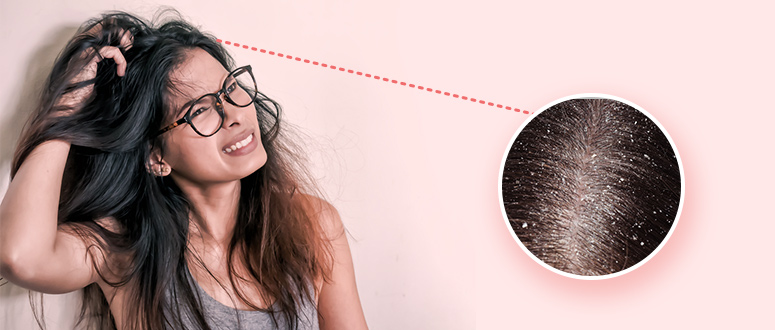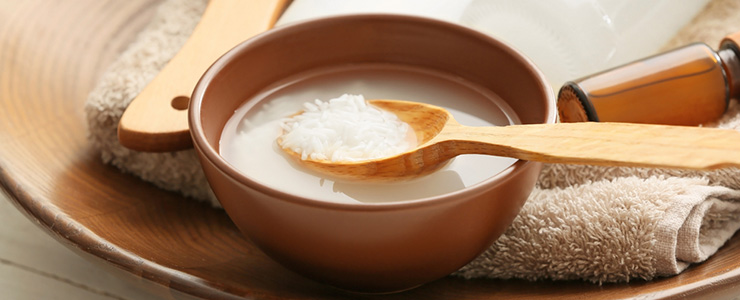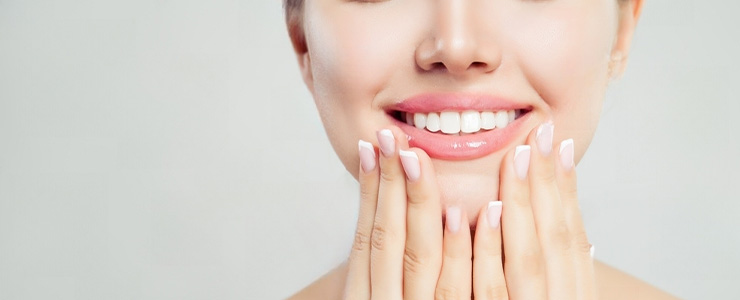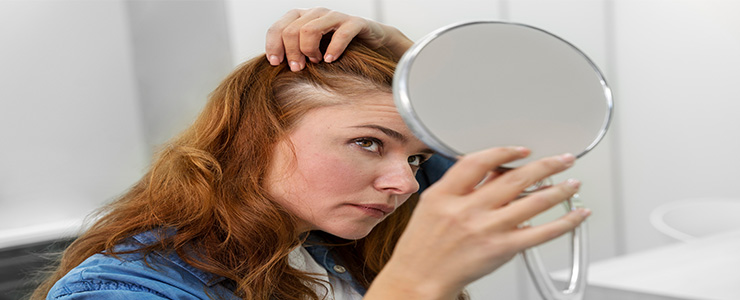Dandruff is one of the most recurring dermatological problems that most of us suffer from and no matter what you do, it just doesn’t seem to leave you. Mild dandruff can cause itchiness and white flakes that are quite a bother. But, in most cases, it could be controlled if taken care of with appropriate medication or natural remedies. However, if you’re suffering from inflammation or redness besides having extreme itchiness, hair fall and increasing dandruff flakes, it’s better to seek medical treatment.
Causes, Symptoms and Side Effects of Dandruff
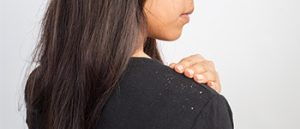
- Dry skin (especially during fall or winter) or oily scalp
- Allergies caused by skin and hair products
- Overgrowth of scalp skin cells caused by a specific fungus known as Malassezia
- Seborrheic dermatitis
- Skin conditions like psoriasis or eczema
- Unhealthy or unsuitable diet
- Excessive stress and unhealthy lifestyle
-
More exposure to UV rays
These are the most common factors that cause dandruff. The side effects that you suffer would usually include itchiness, white flakes on your scalp and shoulder, hair fall (moderate to excessive), acne, inflammation, and redness on your scalp skin.
How to Reduce Dandruff?
It’s obvious that you would probably resort to options that are easily available such as over-the-counter shampoos that claim absolute dandruff treatment or medical shampoos that assure the same. However, not every shampoo is suitable for you and it would help to know just the right ingredients your shampoo needs to have for dandruff treatment qualities.
Essential Ingredients for Anti-Dandruff Shampoos

- Pyrithione Zinc – It is an antifungal and antibacterial agent that prevents or slows the growth of fungus in your scalp.
- Tar-based Shampoos – Coal tar helps to reduce flakes as it slows the rate of growing dead skin cells on your scalp which in turn helps to reduce dandruff.
- Ketoconazole – It’s an antifungal agent that helps to kill dandruff causing fungi living on your scalp.
- Selenium Sulfide – Antifungal agent that helps in eliminating dandruff causing fungi.
- Salicylic Acid – It helps to reduce scales. This ingredient also has anti-inflammatory and anti-microbial properties.
Suggested Changes in Hair Care Routine
While ideally, you should be consulting your dermatologist about controlling dandruff, there are some habits you could include or alter in your hair care regime, to avoid the condition. These simple changes include:
Washing your hair more often

Following a nutritious diet

Managing Stress


